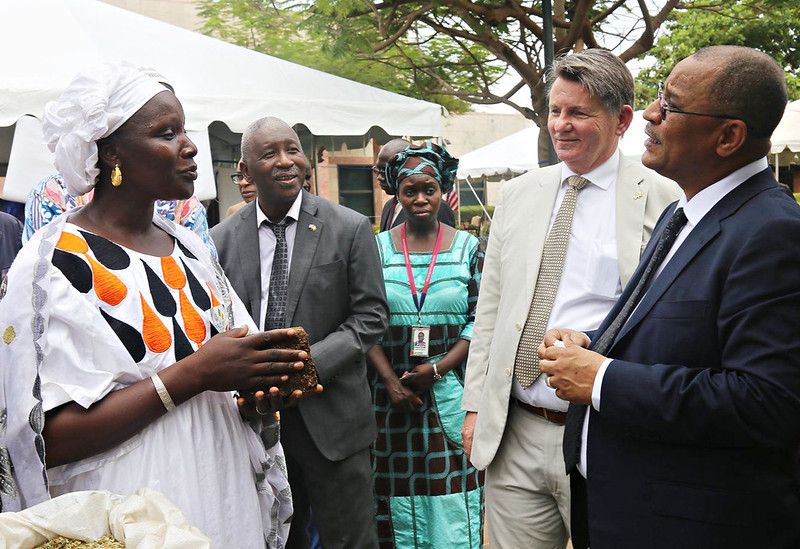USAID Helps Stabilize Mali’s Government

The West African Country of Mali is one of the most war-torn countries in the world. Routinely experiencing coups and civil wars, the country remains politically unstable. With a nominal GDP of only $17.39 billion, Mali lacks the ability to neutralize violent guerilla fighters and secure control over its provinces. As such, the country is also a victim of widespread poverty. In the wake of the political instability and subsequent poverty, USAID has intervened to help alleviate violence, promote humanitarian efforts and stabilize Mali’s government.
USAID Programs
Recently, USAID has granted $152 million in humanitarian aid, which will be designated for governmental security and the establishment of civil organizations, which “empower Malians to play an important role at the local level of a decentralized government system.” Specifically, USAID has established the Mali Electoral Transformation Activity program, the People at Peace program and the Civic Engagement Program to accomplish its goal of augmenting Mali’s government.
Mali Electoral Transformation Activity Program
Beginning in 2021, and expected to run till 2023, USAID’s Mali Electoral Transformation Activity Program helps maintain peace through non-violent transitions of power that reflect democratic tenets. With a budget of $3 million, the program targets “the capacity, integrity and transparency of Mali’s electoral system to hold credible elections allowing citizens to select their leaders peacefully and democratically.”
Moreover, it empowers Malian shareholders and businessmen to take an active role in their government, while simultaneously opening governmental participation to marginalized groups. Although the program is young, it promises Mali and brighter future and a more stable government.
People at Peace Program
Governments are only as stable as the citizens they govern. Beginning in 2019 and running till 2021, USAID’s People and Peace Program “builds resilience to conflict and violent extremism with communities in southern Mali.” Through a people-to-people approach bringing together different group leaders from different ethnic groups, Lafia increases local capacities to counter the drivers of conflict and extremism. With a budget of $1,684,850, People at Peace principally challenges community groups to take on joint violence prevention.
It also provides local communities “with relevant governmental authorities and civil society actors in the implementation of national policies,” rendering law and order. As a result, through People at Peace, USAID helps stabilize Mali’s government by successfully training 1,286 youth in “social or leadership skills,” renewing local communities’ faith in stopping crime and increasing the “proportion of people in target communities who report receiving information on national policies.”
Civic Engagement Program
From 2016-2021, and with a budget of $12,344,862, USAID’s Civic Engagement Program empowers young citizens to engage in their local communities and governments for the purpose of future stability. Specifically, the program “enables Malians to better fulfill their end of the social contract and to make their government more responsive and accountable to citizens.” In the course of this program, USAID successfully worked with local Malian civil societies, “improving public services and providing better access to and oversight of government for marginalized groups.”
Furthermore, the Civil Engagement Program also educates Malians on their rights as citizens, thereby letting them better identify and understand government policies and regulations. With this program, USAID has assisted 486 civil society organizations, hosted 555 activities designed to promote the civic participation of women in government and trained 482 youth. USAID helps stabilize Mali’s government by equipping Malians with the adequate skillsets and knowledge to secure a better future.
All of these programs are oriented towards achieving USAID’s vision of international equity, humanitarian ideals and the alleviation of poverty. Because of its government work in countries like Mali, underdeveloped nations have hope for a brighter future aside from the violence that often plagues their borders.
– Jacob Crosley
Photo: Flickr
